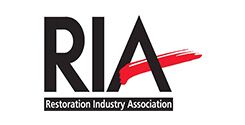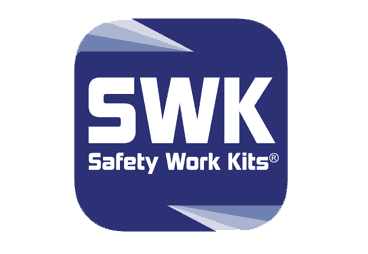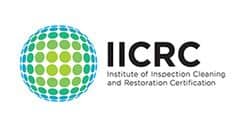Water damage can lead to costly repairs, health hazards, and damage to personal belongings. Preventing water damage in your home is essential to maintaining its structural integrity and protecting your family's health. In this article, we will provide tips on how to prevent water damage in your home, including regular maintenance, addressing potential problem areas, and preparing for emergencies.
1. Regular Maintenance
One of the best ways to prevent water damage is to regularly inspect and maintain your home. This includes:
- Inspecting your roof for damage or leaks, and repairing or replacing damaged shingles or tiles
- Checking gutters and downspouts for debris and ensuring they are properly directing water away from your home's foundation
- Inspecting windows and doors for signs of leaks, and sealing any gaps or cracks with caulk or weatherstripping
- Checking your plumbing system for leaks, including pipes, faucets, and appliances such as washing machines and dishwashers
- Inspecting your sump pump to ensure it is functioning properly and can handle excess water in case of flooding
2. Address Potential Problem Areas
Preventing water damage also involves addressing potential problem areas in your home. This may include:
- Sealing cracks in your home's foundation to prevent water intrusion
- Installing a backwater valve to prevent sewer backups
- Waterproofing your basement to prevent water seepage through walls and floors
- Ensuring proper grading around your home so that water flows away from the foundation
- Installing water alarms in areas prone to leaks, such as near appliances or in basements
3. Prepare for Emergencies
It's essential to be prepared for emergencies that could lead to water damage, such as burst pipes or severe storms. Some ways to prepare for emergencies include:
- Knowing the location of your home's main water shut-off valve and how to turn it off in case of a leak or burst pipe
- Creating an emergency kit with essential items, such as flashlights, batteries, a first-aid kit, and a portable radio
- Developing an emergency plan that includes evacuation routes and a communication plan for your family
- Reviewing your insurance policy to ensure you have adequate coverage for water damage
4. Be Mindful of Your Water Usage
Being mindful of your water usage can help prevent water damage by reducing the strain on your plumbing system. Some tips for conserving water and reducing the risk of water damage include:
- Fixing leaks and drips promptly
- Using water-efficient appliances, such as low-flow toilets and showerheads
- Turning off the water while brushing your teeth or washing dishes
- Only running your dishwasher or washing machine with full loads
5. Insulate Pipes in Freezing Climates
If you live in a region with freezing temperatures, insulating your pipes can help prevent them from freezing and bursting, which can lead to significant water damage. Pipe insulation is relatively inexpensive and easy to install, making it an effective preventive measure against water damage caused by frozen pipes.
Conclusion
Preventing water damage in your home is essential for maintaining its structural integrity, protecting your personal belongings, and ensuring your family's health. By following the tips outlined in this article, you can proactively address potential problem areas, perform regular maintenance, and be prepared for emergencies that may lead to water damage. Remember, prevention is key to avoiding costly repairs and the potential health hazards associated with water damage in your home.







